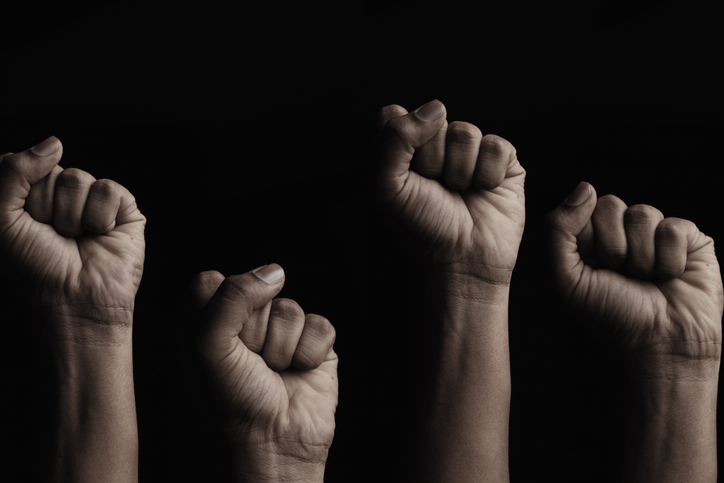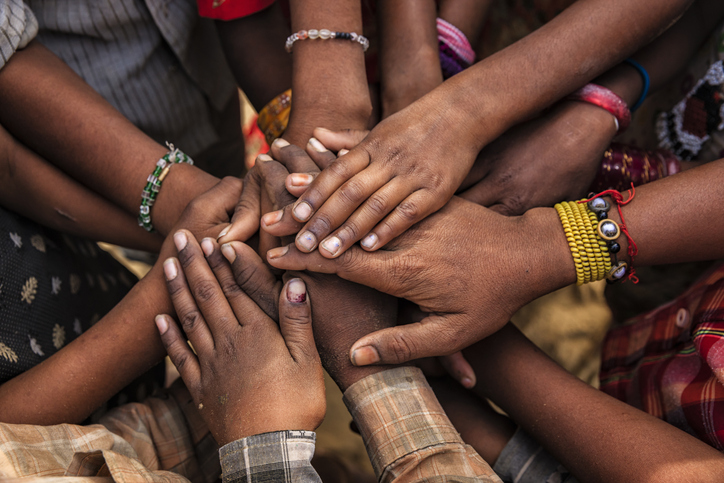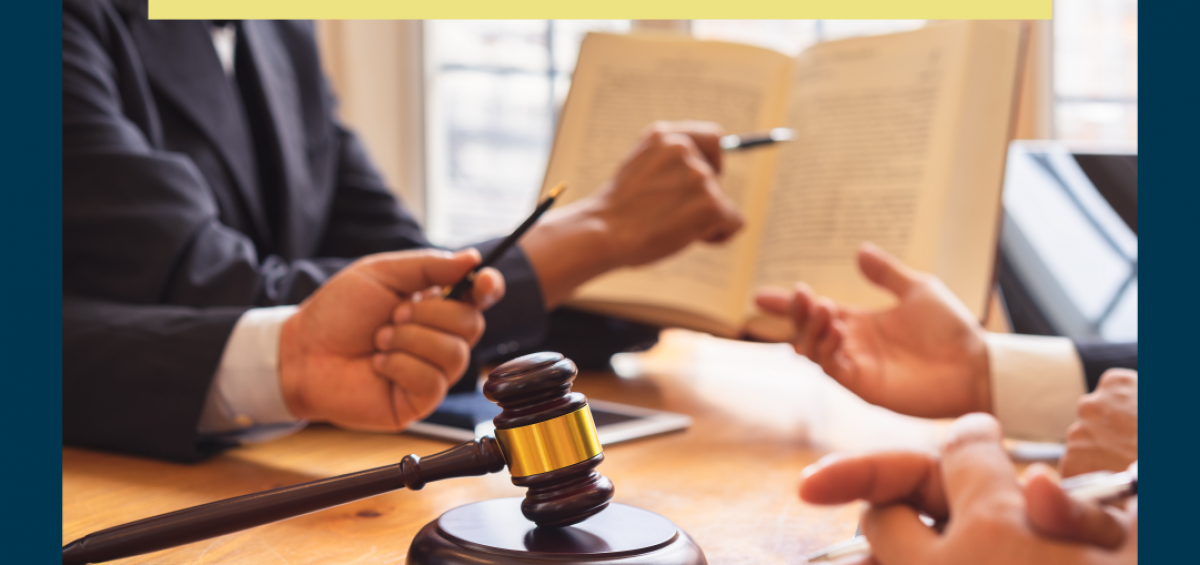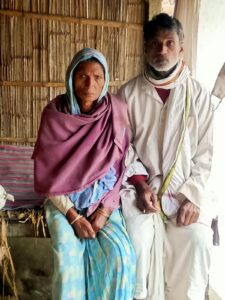30 crore
Indians cannot read
89.4%
Don’t Speak English
40%
Who had a legal dispute would not approach the police
30%
Would not approach lawyers
The challenge is that our country’s vast system of laws make it difficult for citizens to be aware of their rights and understand how to enforce them. Language is also a big challenge and since legal information is mostly available in English, and it’s written in a manner that is complex, it becomes even more difficult to comprehend. All of these factors lead to a wide gap between the law on paper and how it actually operates.
Citizens need simple, actionable, reliable and accessible legal (SARAL) information in languages they are familiar with and contextualised to their geographic location.

Nyaaya’s Access to Justice Network will help citizens to bridge the gap between understanding their rights under the law and using the justice delivery systems to enforce their rights.
The Access to Justice network comprises practicing lawyers, law students, community based organisations and legal aid clinics from educational institutions across the country who volunteer with Nyaaya and play an instrumental role in removing barriers into access to justice. We first launched the Access to Justice network to facilitate a prompt and smooth response to our Ask Nyaaya helpline. Since then, the network has evolved into a one of a kind platform for lawyers and law students and social development professionals to share their work, learnings and expertise.
What is the Access to Justice Network?
Our Journey
Stories of Impact
Voices from the Field
Every organisation we worked with underlined the overwhelming need for legal assistance from a local legal expert available to their beneficiaries. This is where our Access to Justice Network can provide last mile support to those who need it the most, thus closing the loop at the grassroots.
The Three Pillars of the Access to Justice Network

Practicing Lawyers
For practicing lawyers who are keen on helping the grassroots communities, Nyaaya’s Access to Justice Network has created a platform that brings together practicing lawyers and legal experts to build a legally informed citizenry. The Network enables the lawyers to generate awareness about legal rights and entitlements guaranteed under various Indian laws and government schemes to the members of the communities and support them in realising such rights.
By legally empowering the citizens, the lawyers are not only able to champion the cause of furthering access to justice but also the experience adds greatly to their portfolio and bolster their efforts to engage with legal advocacy throughout their legal careers.
An important part of our Access to Justice Fellowship is Samvidhaan Fellowship is a unique opportunity that facilitates the creation and dissemination of actionable legal information for beneficiaries in their own communities.
Join Our NetworkStudent Volunteers
In answering the legal questions we receive on our helpline, we are supported by law students and the legal aid clinics from educational institutions from across the country. Currently we are working with students from National Law School of India University, Symbiosis Law School Noida, National Law University-Orissa and West Bengal National University of Judicial Sciences.
The Access to Justice Network gives the students a chance to work on addressing real time legal enquiries across a wide range of thematic areas and fosters high quality legal research on a wide array of topics under the guidance of the top legal minds in the country. By directly responding to the legal questions of our audience, law students enable our audience to break through barriers of literacy, language, and complexity to reach those who most need it and accords a chance to take classroom learnings to assist the communities in navigating the justice delivery system. Further, this can be a valuable experience for the students as budding lawyers who would soon be at front of championing access to justice.
Click below if you or your institution is interested in joining our Access to Network.
Join Our NetworkCommunity Based Organisations
Our partner organisations play a key role within our Access to Justice Network in perpetuating our impact. As organisations with field experience and expertise, they identify the areas their communities need legal information on and assist us in contextualising legal content so that it is most relevant for their beneficiaries. Our partner organisations also help in disseminating our content among the desired audience and engage in collaborative campaigns and initiatives with Nyaaya’s team to spread awareness and build an informed and empowered citizenry.
Get in touch with us you are a community based organisation and wish to partner with us!
Write To Us

